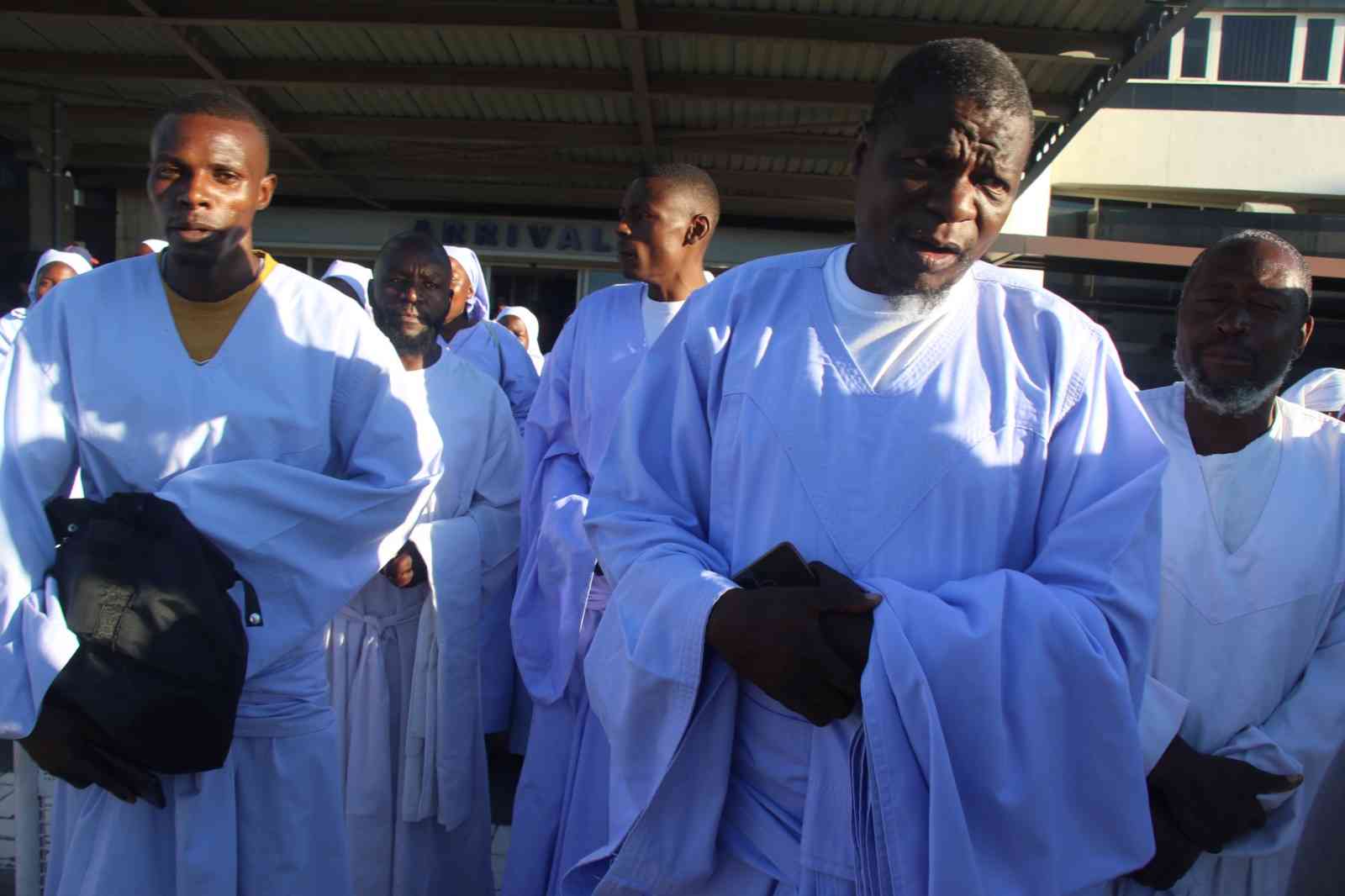
Music is the greatest creation of man, which touches the soul and also helps man to sympathetically manifest the unspoken desire and humanity in him. The effect of music on man is what separated him from other animals.
BY TAWANDA TADERERA
For John Denver, “Music does bring people together. It allows us to experience the same emotions and people everywhere are the same in heart and spirit. No matter what language we speak, what colour we are, and the form our politics or the expression of our love and on faith, music proves we are the same.”
Zimbabwean artists have demonstrated that music is a key to conveying messages to the people through different languages in communicating about Zimbabwe Population-based HIV Impact Assessment (Zimphia).

Zimphia is a nationally representative, population-based household survey that will estimate HIV incidence and prevalence in Zimbabwe.
The primary objectives of Zimphia are to estimate HIV incidence (new HIV infections) at a national level, and to estimate the provincial prevalence of suppressed HIV viral load in a nationally representative sample of adults.
Artists — Mafriq diva Pauline Gundidza, Albert Nyathi, Dereck Mpofu, Tererai Mugwadi, Adiona Chidzonga, Bob Nyabinde and Mono Mukundu were chosen to educate and entertain communities to prepare for this historical survey.
“Music usually transcends beyond language and tribe. The song Knock Knock is sung in over 12 languages while the Zimbabwean Constitution recognises about 16 languages. So it means that the project goes beyond that because it’s an introduction to people in the community,” said Mpofu.
- Chamisa under fire over US$120K donation
- Mavhunga puts DeMbare into Chibuku quarterfinals
- Pension funds bet on Cabora Bassa oilfields
- Councils defy govt fire tender directive
Keep Reading
Nyathi and colleagues have the desire to inform the people of Zimbabwe about HIV and Aids and to dispel discomfort and change negative perceptions.
“I am driven by the passion that tells me that people should know their status to enable them to seek some remedy, some medical attention,” said Nyathi.
“It helps people recognise Zimphia through artists that they recognise, so it really means that before our people do the testing in their homes, people would have already seen the Knock Knock song ,the same model that has been used in different campaigns and it has really worked,” Mpofu said.
Gundidza also added on the significance of the song, highlighting the importance of music in explaining the goal of the survey, which is to bring HIV and Aids health care to the masses and eliminate it by 2030.
“In the song Knock Knock, we make a gesture to Zimbabweans to allow Zimphia into their homes and also into their intimate health affairs with regards to HIV and Aids and syphilis and it also makes an official call to Zimbabweans to participate,” she said.
“It is actually an informative song, some kind of infomercial, as it were. It helps the people understand the message easily as it is in various Zimbabwean languages. People should do medical tests covering a variety of conditions — HIV, high blood pressure [hypertension], diabetes and cancer, among others. This will enable them to seek early treatment,” Nyathi said.
“It helps the people in that most are still afraid to confront the existence of this pandemic, so rather the information and testing comes to their doorsteps. When we begin the road shows next week, we will demystify issues people are afraid to speak about openly,” said Gundidza.
“This is a milestone achievement, a first of its kind in Africa, so we really needed to do this song to assist in achieving the intended results,” said Mpofu.











